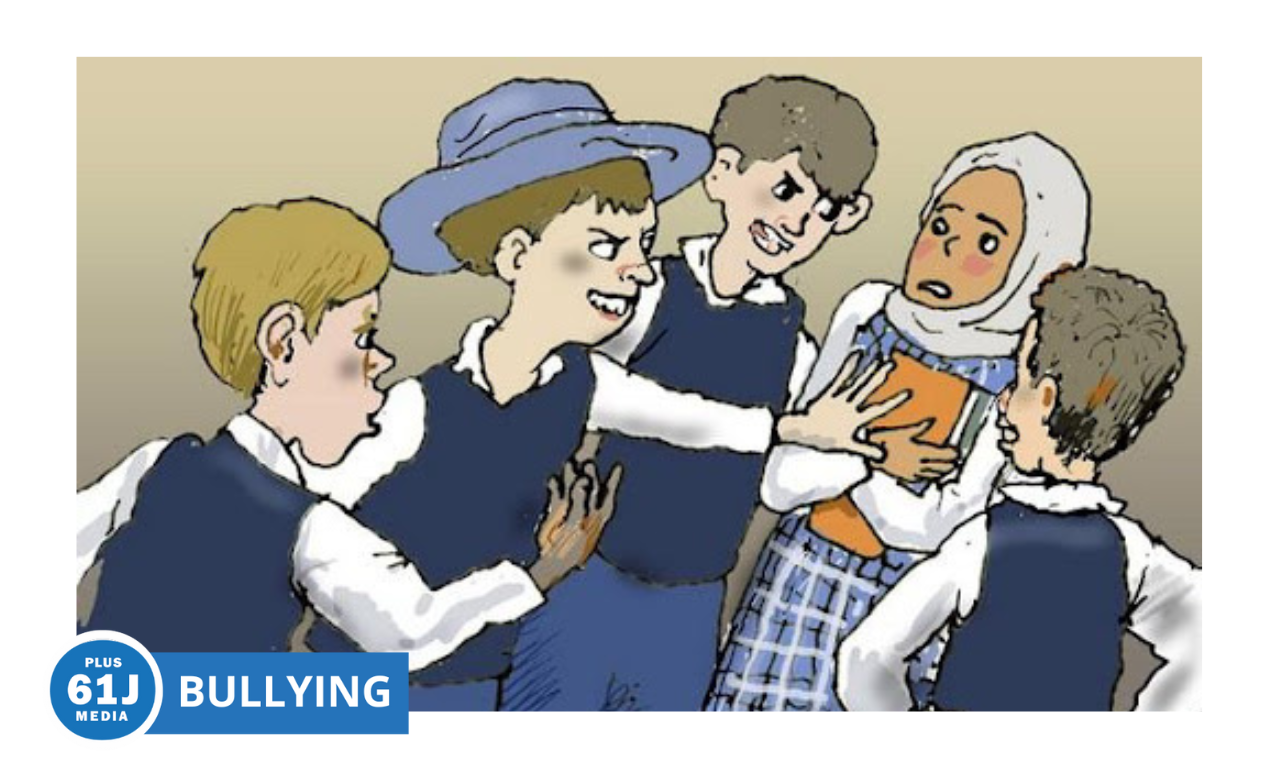Published: 19 March 2021
Last updated: 4 March 2024
IT’S BEEN MORE than a year since I arrived. The official reason for coming to Australia was a student exchange program, but there was more. As a Zionist girl from Jerusalem, I had always tried to support the values I thought my country represented: love of the land, humanism, unity and solidarity.
But over the past few years something inside me has changed; I started looking at life in Israel with a grimmer perspective. Conversations with friends also changed: we noticed the political corruption, the occupation, problems with the country’s education system and more.
There was a feeling that Israel, for which we served as officers in the IDF and had volunteered in different organisations, didn’t have a vision for itself or for its youth, let alone for our future children and the following generations.
And then Covid happened. I was in Melbourne, thinking whether or not to follow the advice of my worried mum and go back home. I stayed and it was the right decision. I’ve made some good friends, travelled and found a job I love.
One year after the pandemic hit, human rights have been forgotten in Israel: citizens overseas can’t return home without special approval; the Shin Bet has been monitoring citizens; and schools have been closed for most of the year.
Today, one year after the pandemic hit, life in Israel doesn’t doesn’t seem so good, and I feel more torn than ever about returning home. Human rights have been forgotten: Israelis overseas can’t return home without special approval; the Israeli Security Agency, Shin Bet, has been monitoring citizens; and schools have been closed for most of the year.
Israeli politicians privately laugh when they hear that Australians claim they don’t have enough vaccines for the entire population. They are bragging about vaccines while Australia has new cases in the single figures?
When it comes to the pandemic, Australians trust their government. It made fast, transparent decisions that were effective. Decisions weren’t made in the dark, without the people’s knowledge about who was making them, or what was behind them.
Choosing Australia as the destination for my student exchange program wasn’t arbitrary. I had friends living here, and they shared the same stories: A huge country, full of opportunities, easy to live and work in, beautiful and welcoming. It was what I was looking for and so when I got the offer from University of Melbourne, I was excited and grateful.
Israeli politicians privately laugh when they hear that Australians claim they don’t have enough vaccines for the entire population. They are bragging about vaccines while Australia has new cases in the single figures?
I love it here! I love how easy everything is, how people are so nice, calm, and willing to help. I love how the country takes care of its citizens, gives grants to small businesses that had to shut down during the pandemic, and provides health and mental care on demand.
Where I come from, people’s lives are collapsing and they are living off their savings; they no longer trust their government to help them and they are divided more than ever.
It could be that from a distance, things in Israel might look worse that they really are. Despite the masks, the lockdowns and the despair over four elections in two years, our friends and family in Israel have kept their heads above . “It’s even harder here now”, they say, “but everyone just lives their lives as usual.”
And maybe that’s the point. Things are getting worse but Israelis are finding a way to tolerate it. Like the frog in the pot of water, as you slowly bring the water to the boiling point, the frog dies without even noticing.
Have Israelis reached the boiling point? Is there a moment when a person decides: “I can’t do It anymore? I can’t continue working for so many hours without getting rewarded as I deserve, I can’t handle the fact that some don’t have the same rights as others. I can’t live with the idea that a 30-minute drive from my cozy living room there’s a Palestinian family that was harassed tonight by the Israeli army?”
I’m so happy and relieved at being here, in a country with social welfare and almost zero Covid cases - so why, on some days, do I miss Israel so much my stomach aches?
The naïve voice in me says this is why I’m in Australia. It’s a better and easier life, a life I wish for the generations to come. I’m calmer, more relaxed. I know that if I work hard enough, I might be be able to buy an apartment [even though prices are very high]. This wouldn’t be the case in Israel.
I want everyone to know there is a better life outside of Israel! I choose this life every morning when I wake up, and I’m so happy and relieved at being here, in a country with social welfare and almost zero Covid cases.
So why, on some days, do I miss Israel so much my stomach aches?
I’m almost 30 and feel like it’s time to decide if I want to build my life in Israel, or to pursue a stable and a better future for myself, even if it means being away from my loved ones.
It’s the benefits here versus the food back home, a hug from my family, a walk under the sun of Tel Aviv; I miss Hebrew, I miss Israeli humour, I miss Israelis, who can’t stand in line or traffic without rolling their eyes and making mean comments, but who will unite and do almost anything to help those in need.
The choice is too difficult so right now I’m choosing not to choose.
It seems for now I, will continue to miss Israel. I’ll watch from a distance and wish the best for the place I call home: I will wish for things to improve, for our families to stay safe and sane. Hopefully, when I decide whether or not to go home, it will feel like the best decision I could have made.
Illustration: Avi Katz




